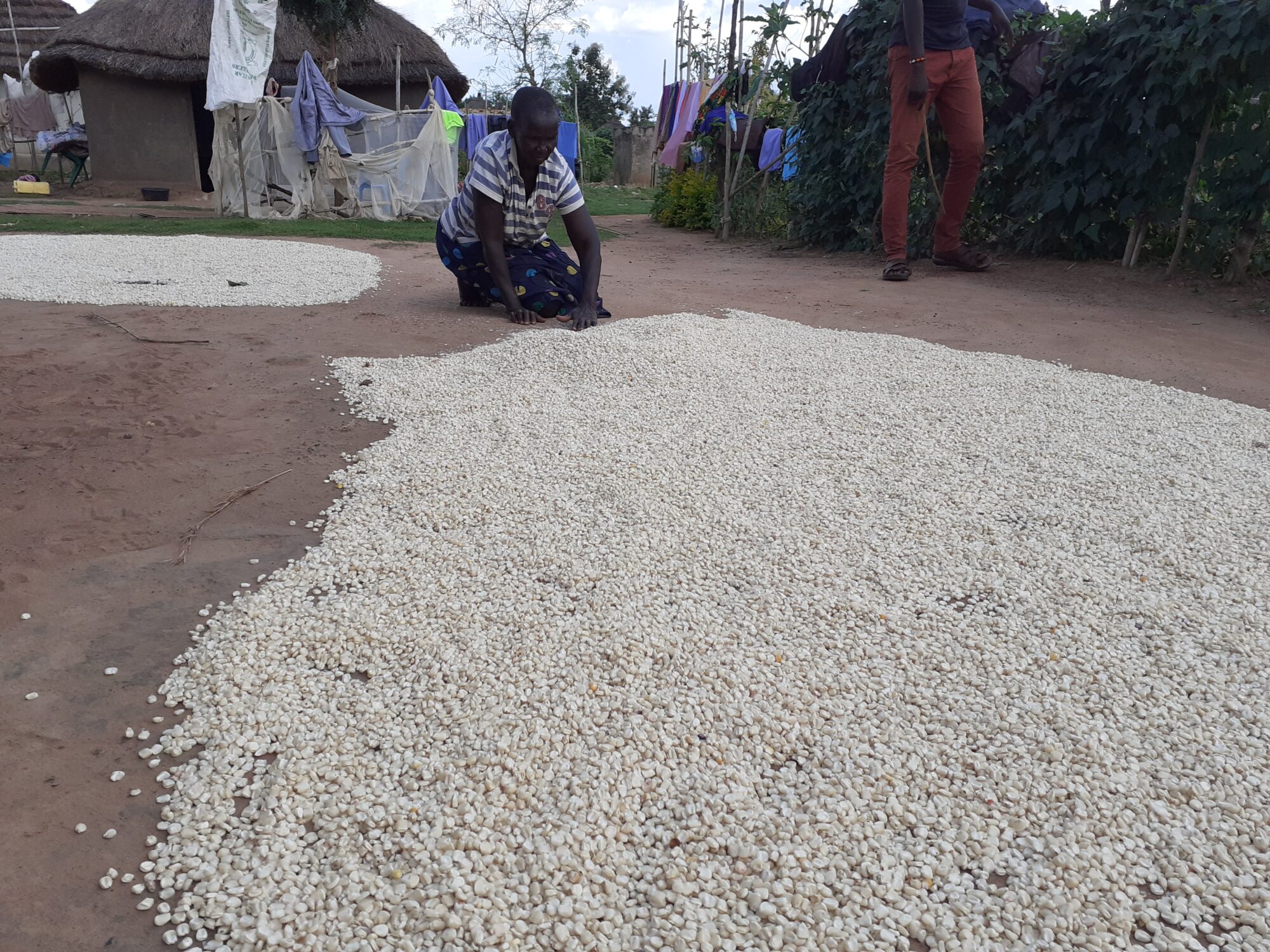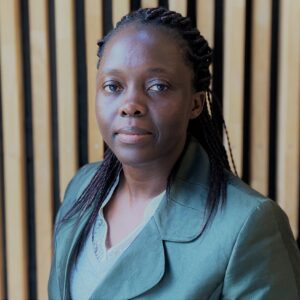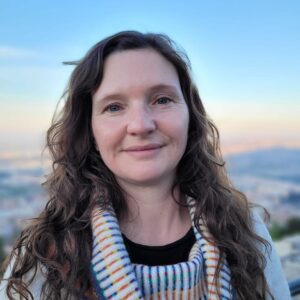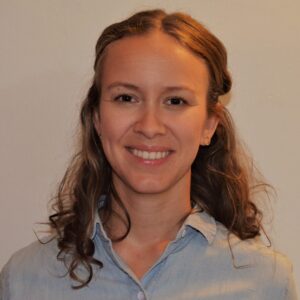
ECOFOOD: Creating Inclusive and Sustainable Food Systems in Refugee Hosting Contexts in Sub-Saharan Africa (SSA)
About the project
The global economic crisis, COVID-19 pandemic, climate change and wars are causing severe food production and supply disruptions. Although we are all impacted by high food prices, the risks are greatest for vulnerable groups such as displaced persons. Refugees and displaced persons, particularly women and youth, have limited access to and control over economic, social, and political resources, weakening their food production and security opportunities. Moreover, the immense pressure on the humanitarian system is challenging the sustainability of the existing refugee food aid model. Meeting these challenges requires transforming refugee food systems to cope with ongoing global crises by boosting opportunities for sustainable and inclusive local food production. Using participatory research methods, the ECOFOOD project will investigate how access to agricultural resources (land, water, farm inputs, technology, credit) and climate-resilient innovations can foster the effective participation of women and youth small-scale food producers in local food systems. Climate-resilient innovations are technologies and practices that can foster better nutrition, biodiversity conservation, and social equity in food production systems in a changing climate.
ECOFOOD will provide knowledge on barriers and incentives to adopting climate-resilient innovations within different food systems (crop, livestock, and fisheries) in Refugee hosting contexts in Uganda and Tanzania. Both countries have different policy frameworks on refugee rights allowing comparison between different refugee food systems in Sub-Saharan Africa. This will also allow the project to investigate how the unequal distribution of rights and resources influences food production and access for different social groups. Finally, ECOFOOD uses a bottom-up multi-actor platform (MAP) for consultation and engagement with various stakeholders. The MAP seeks to co-create knowledge on strategies for restructuring food systems.
Project details
Other project members
Project number
6670
Project period
15/08/2023 - 31/07/2027
Collaboration partners
Norwegian University of Life Sciences (NMBU)
Western Norway University of Applied Sciences (HVL)
Sokoine University of Agriculture (SUA) -Tanzania
Gulu University (GU) – Uganda
Financing
The Research Council of Norway
News
Sorry, we found no news related to this project.
Contact us
Would you like to get in touch with us?
Fill in the form below and we will answer you as soon as possible.





